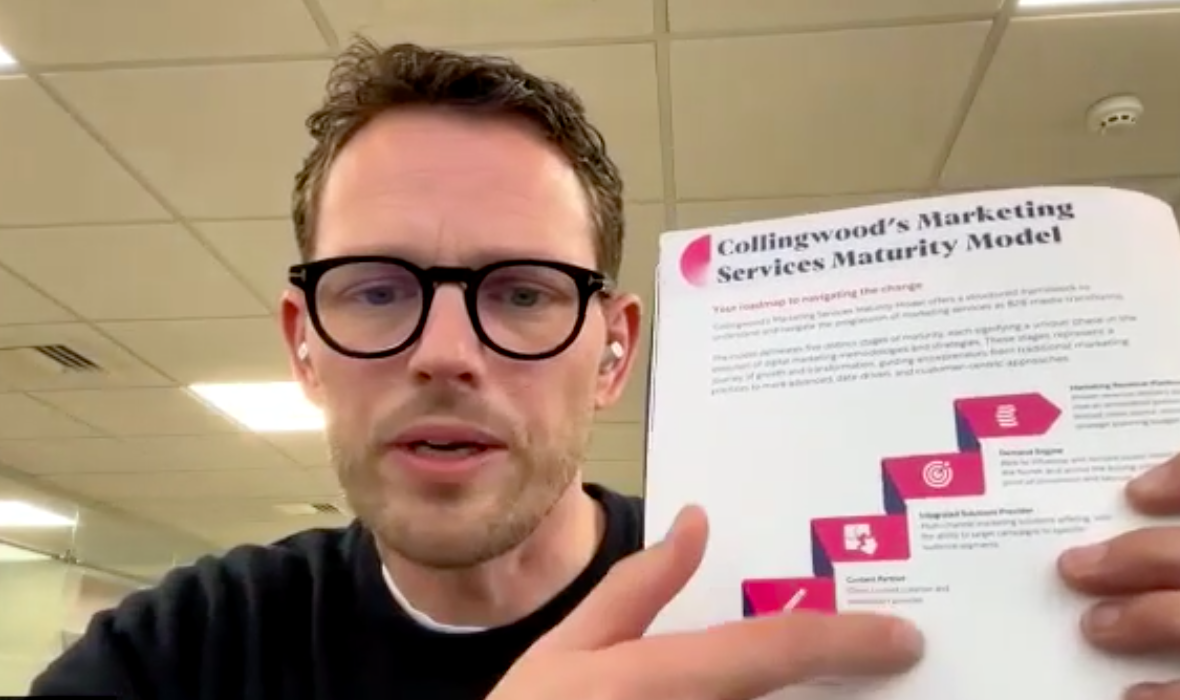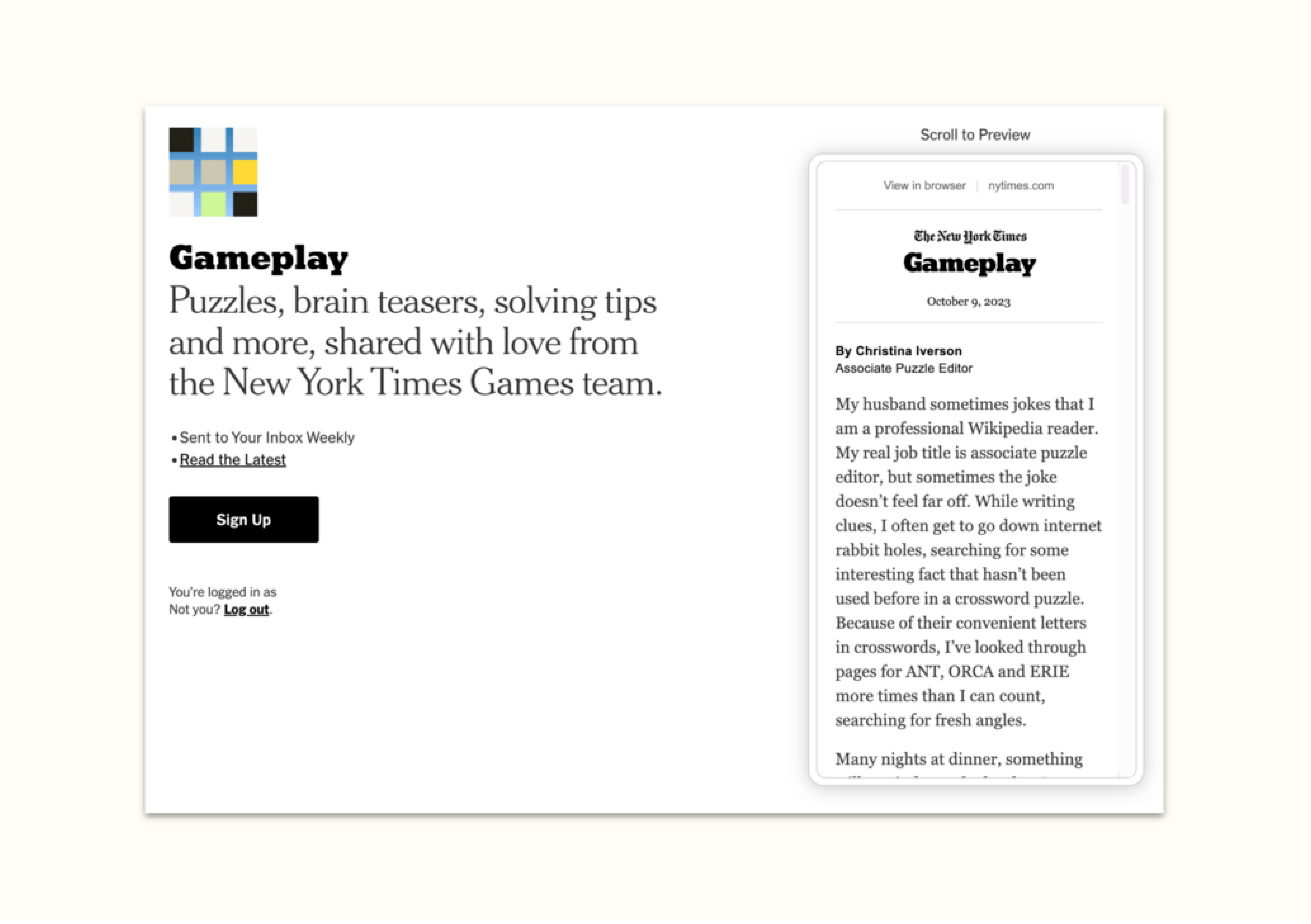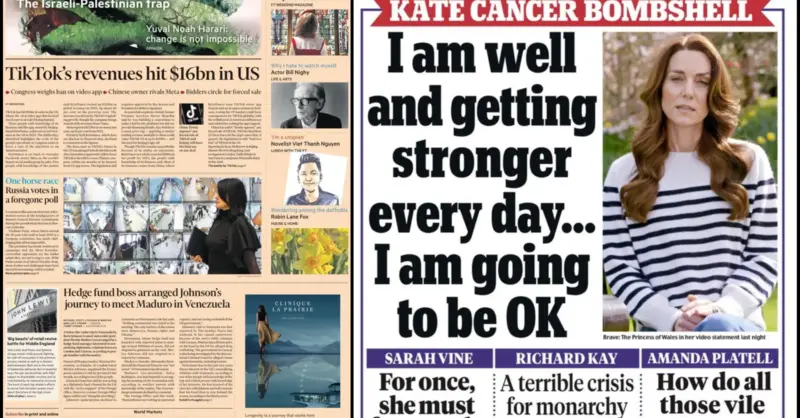- The Publisher Newsletter
- Posts
- Thursday 28th March: B2B media's innovation imperative
Thursday 28th March: B2B media's innovation imperative

Good morning! Today’s newsletter is brought to you by Esther.
Hello to new people who have joined us from the journalism.co.uk article on 40 essential newsletters every journalist should read; there are some excellent recommendations on there from fellow publications and experts.
Just a little note that this will be the last edition of the newsletter until Tuesday 2nd April as we’ll be taking the bank holiday weekend off. Happy Easter!
We’ve already had some brilliant entries in for the second year of our Publisher Newsletter Awards. See the categories and enter (for free) before the 3rd May deadline.
Imagine a world with zero Google referral traffic. What would you do? It’s a question global advisory firm Collingwood often pose to clients, as fears around search and traffic are front-of-mind for many media executives at the moment.
It’s a tale as old as time; if publishers are over-reliant on a single channel, especially one they don’t control, they’re not resilient. “We see so many publishers missing the opportunity to maximise acquisition and re-engagement of first-party data through email newsletters, lead arbitrage services and other direct channels,” Fergus Gregory says.
Despite how I’ve just sold it, this is an upbeat piece and I’d encourage you to give it a read to see why Gregory is optimistic about B2B media’s ability to adapt and overcome challenges.
We read (and write) a lot about games and newsletters separately, but not about how one can be incorporated to help the other. This was published at the end of last year but somehow escaped us in the madness of our annual report being published. Still, it’s a fascinating read, and like most of The Audiencers’ excellent editorial, is conveniently evergreen.
Join the Media Voices community
One publisher reckons less is more when it comes to programmatic, and that working to actively reduce the number of ads on a page can increase CTRs. Are you bold enough to try such a strategy?
Today, all seven of the national newspapers with publicly available ABC data are more widely read on a Saturday, some by quite a magnitude. This isn’t at all surprising if you look at how the demand for print - and news - is changing. People are showing a preference for a longer, deeper read at the weekend when pressures on time aren’t quite so acute.
Political news publisher Splinter relaunched Tuesday morning, three months after it was acquired by Paste Magazine in a package deal, alongside feminist publisher Jezebel, from G/O Media for an undisclosed sum. The site has been dormant since 2019, and its revival reflects a growing trend in the industry where strong brands are being revived under new owners (sometimes for better, sometimes for worse!)






